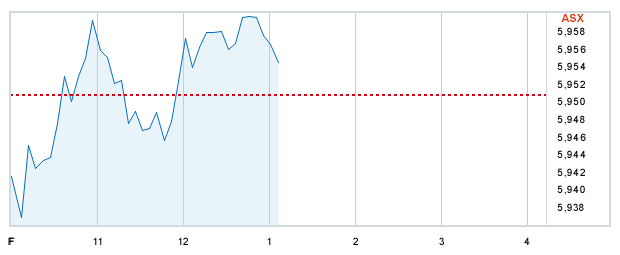Gold ETF Sellers Facing Tax Surprises at 28% Gains Rate Bloomberg Business
Post on: 20 Май, 2015 No Comment

The shares in SPDR Gold Trust, the largest gold ETF, with $45.7 billion in assets, dropped 23 percent in the seven months through May 17 after more than doubling in preceding five years. Photographer: Yuriko Nakao/Bloomberg
May 21 (Bloomberg) — Investors who dumped shares in gold exchange-traded funds amid the biggest selloff in the metal in four years may be in for a shock: capital-gains taxes are higher than for stocks and bonds.
Profits from investments in ETFs that back their shares with physical holdings of precious metals face taxes as high as 28 percent for investments held at least a year. That’s the rate the U.S. Internal Revenue Service applies to items it considers “collectibles,” such as coins, art, silver and gold. Long-term gains from stocks and bonds, including equity and fixed-income ETFs, are taxed at a maximum 20 percent.
“There are some tax surprises out there lurking for them when they go to sell,” Tim Steffen, director of financial planning at wealth-management firm Robert W. Baird & Co. in Milwaukee, said of gold exchange-traded product investors.
The shares in SPDR Gold Trust, the largest gold ETF, with $45.7 billion in assets, dropped 23 percent in the seven months through May 17 after more than doubling in preceding five years. The ETF rallied 3.1 percent yesterday as gold and silver futures rebounded after Moody’s Investors Service said U.S. policy makers must address debt woes to avoid a credit downgrade.
Assets in Gold Trust dropped 37 percent this year through last week as sellers including billionaire George Soros forced the fund to redeem shares. Gold saw a seven-session slump through the end of last week that was the longest since March 2009.
George Padula, a financial adviser in Boston with Modera Wealth Management LLC, said some clients are confronting the issue because their previous advisers put Gold Trust in their taxable investment accounts.
Avoiding ‘Headaches’
“The ideal place to hold something like that is in an individual retirement account or other non-taxable account,” Padula said. “That can save a lot of headaches.”
For taxable accounts, he prefers diversified commodities funds that carry the same capital gains rates as stocks and bonds. Commodities such as oil and agricultural products aren’t deemed collectibles.
Investors reach the top capital-gains tax rate if they make $400,000 or more annually, or $450,000 for married couples. Individuals earning more than $200,000, or $250,000 for couples, must also pay a 3.8 percent investment income tax as a result of the 2010 health-care law.
For the highest earners, that may mean capital gains on gold ETFs are taxed at 31.8 percent.
Gains from mining company stocks or funds would be taxed at the lower rate, like other equities.
Gold sellers can consider offsetting gains by selling investments that are down, or make charitable donations by transferring the ETF shares, Padula said. Donated shares don’t incur any capital-gains tax, he said, and the giver may be able to deduct the full value of the shares against taxable income.
To contact the reporters on this story: Christopher Condon in Boston at ccondon4@bloomberg.net ; Margaret Collins in New York at mcollins45@bloomberg.net
To contact the editor responsible for this story: Christian Baumgaertel at cbaumgaertel@bloomberg.net














